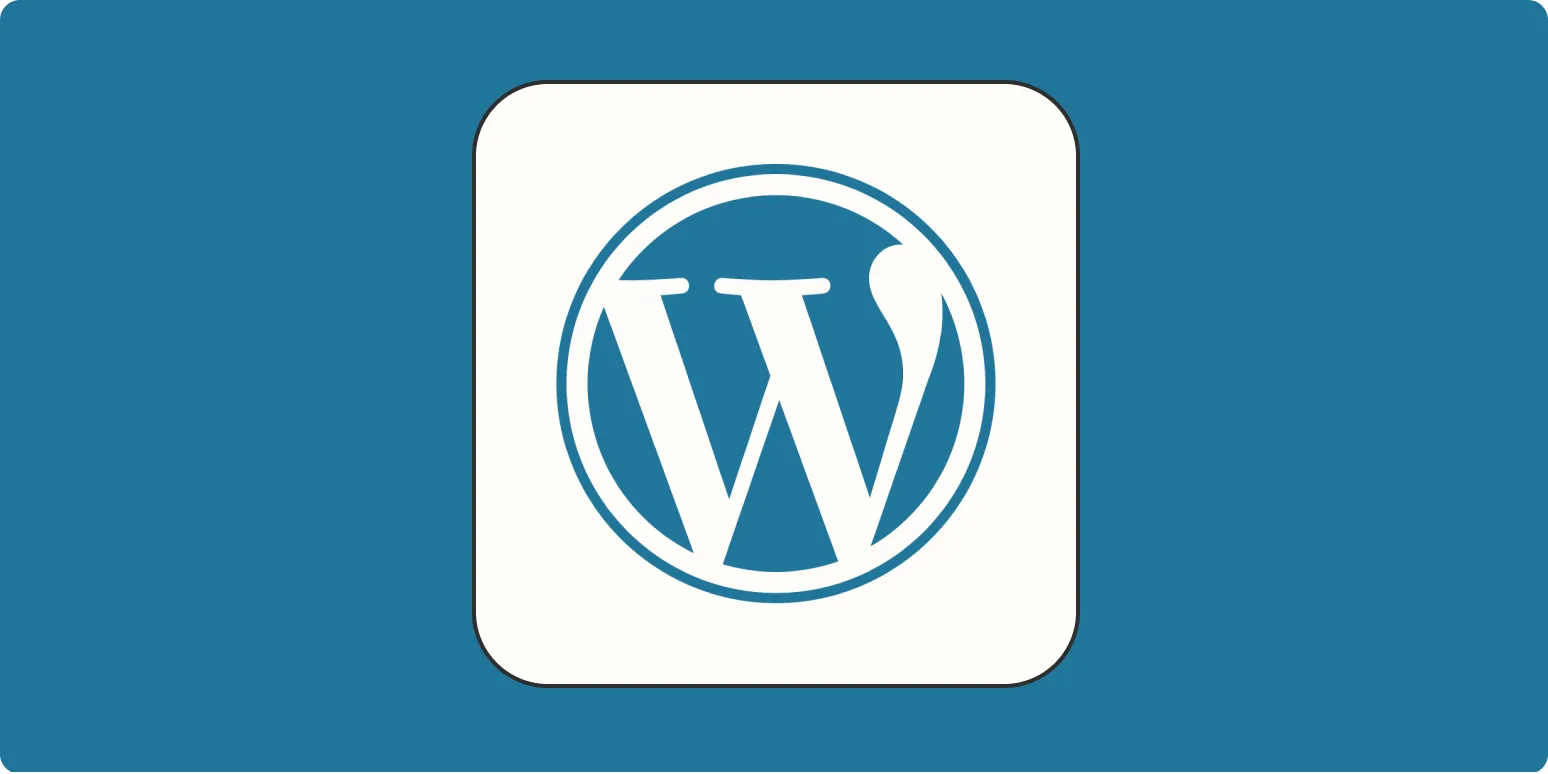1. Wix
Wix is one of the most popular Squarespace alternatives, offering a user-friendly drag-and-drop interface that allows users to create stunning websites without any coding knowledge. With over 500 designer-made templates, Wix caters to a variety of industries, making it easy to find a design that fits your needs.
The platform also provides advanced features such as Wix ADI (Artificial Design Intelligence), which can create a personalized website in minutes based on user preferences. Additionally, Wix offers an extensive app market, allowing users to expand functionality with third-party integrations.
2. WordPress.org
For those seeking more control and flexibility, WordPress.org is a top contender among Squarespace alternatives. As an open-source platform, it allows users to customize their websites extensively through themes and plugins. With thousands of themes available, users can tailor their sites to fit any niche.
WordPress.org is particularly favored by bloggers and businesses looking to optimize their content for search engines. The platform's robust SEO features and plugins, such as Yoast SEO and All in One SEO Pack, make it easier to improve site visibility and attract organic traffic.
3. Shopify
If you're looking to create an online store, Shopify is a leading alternative to Squarespace's ecommerce capabilities. With its comprehensive tools designed specifically for selling products, Shopify makes it easy to set up an online store, manage inventory, and process payments.
Shopify's user-friendly interface and mobile-responsive themes ensure that your store looks great on any device. Additionally, the platform provides powerful marketing tools, including social media integration and email marketing, making it ideal for businesses looking to expand their reach.
4. Weebly
Weebly is another excellent option for those seeking a simple way to build a website. Known for its easy-to-use drag-and-drop builder, Weebly allows users to create professional-looking sites quickly. The platform is particularly appealing for small businesses and entrepreneurs due to its affordable pricing plans.
Weebly also offers built-in ecommerce features, making it a viable alternative for those looking to sell online. With its SEO tools, users can optimize their websites for better search engine rankings, ensuring that their content is easily discoverable by potential customers.
5. Webflow
Webflow stands out among Squarespace alternatives for its unique combination of design flexibility and powerful CMS capabilities. Ideal for designers and developers, Webflow allows users to create responsive websites without writing code. The platform's visual editor gives users complete control over the design, enabling them to create custom layouts.
Webflow also excels in content management, making it an excellent choice for businesses with dynamic content needs. With features such as CMS collections and dynamic content, users can easily manage and display their content in a visually appealing way.
Comparison Chart
| Platform | Best For | User Experience | Ecommerce Features | SEO Capabilities |
|---|---|---|---|---|
| Wix | General Website Building | Very Easy | Basic | Good |
| WordPress.org | Blogging & Content Management | Moderate | Advanced | Excellent |
| Shopify | Ecommerce | Easy | Full-featured | Good |
| Weebly | Small Business Websites | Very Easy | Basic | Fair |
| Webflow | Design Flexibility | Complex | Advanced | Good |
Conclusion
Choosing the right website builder depends on your specific needs, whether it's for blogging, ecommerce, or general website creation. Each of these Squarespace alternatives offers unique features and benefits, allowing you to select the best platform for your project.
By considering factors such as user experience, ecommerce capabilities, and SEO features, you can make an informed decision that will help you build a successful online presence. Whether you opt for Wix, WordPress.org, Shopify, Weebly, or Webflow, each platform provides the tools necessary to create an effective and visually appealing website.





